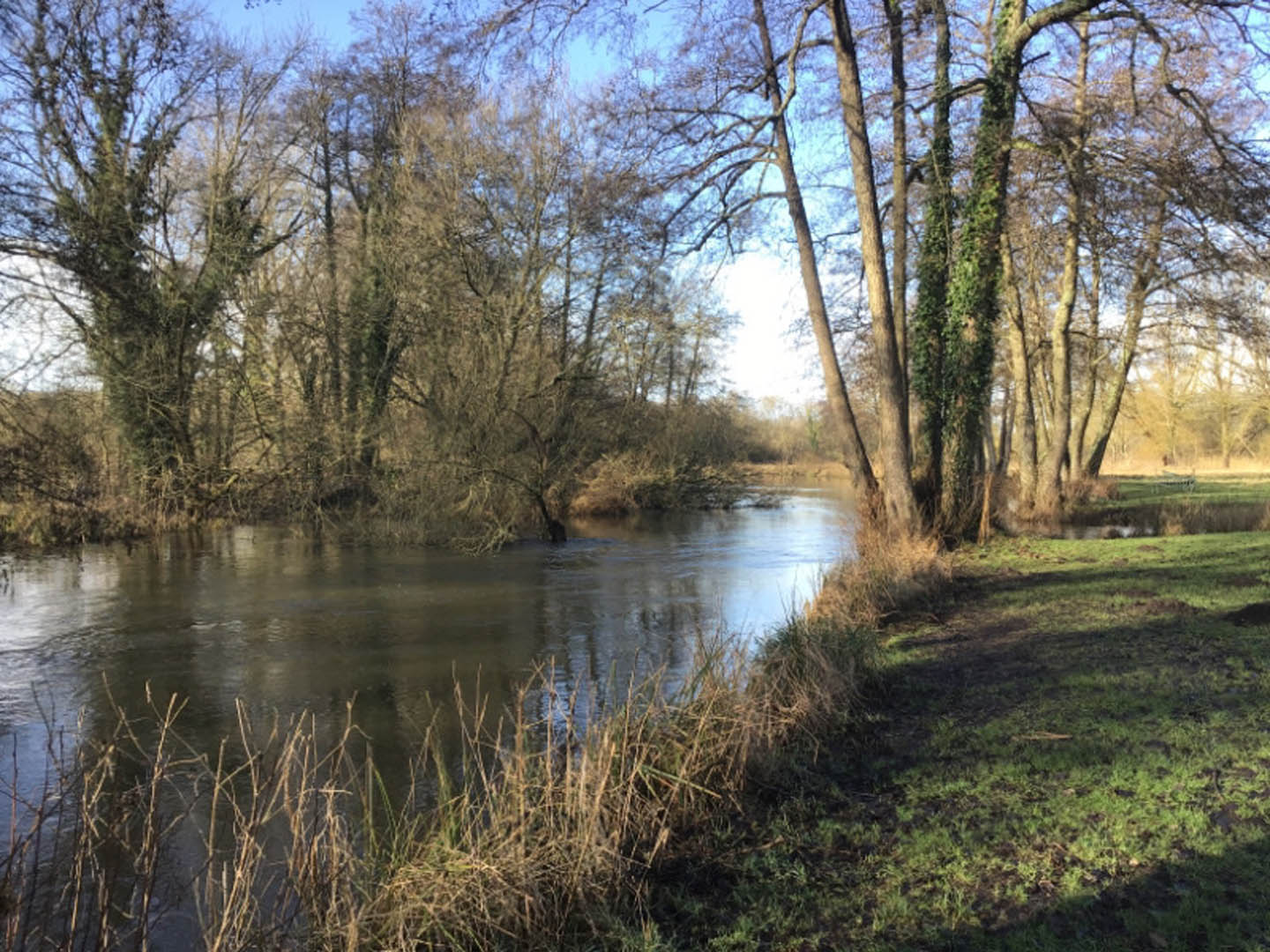On behalf of the Environment Agency, we have completed a scoping study with the aim to identify challenges with flood frequency estimation in catchments where groundwater exerts a major influence on river flow. The report also proposed further work and research needed to address these challenges. Our Head of Hydrology Duncan Faulkner was the lead on this research project.
Identifying Challenges
The core of this report discusses some of the challenges of flood frequency estimation in groundwater dominated catchment areas. The six challenges found to be inter-related include:
· Difficulty defining the contributing catchment area
· Other changes in processes between smaller and larger floods
· Ephemeral streams
· Annual maximum flows that are not floods
· Non-stationarity
· Long-lasting floods
These challenges are demonstrated through the use of case studies on six groundwater dominated rivers.

Evidence Report
The results of the report found that the methods of the Flood Estimation Handbook (FEH) show some evidence of higher uncertainty in groundwater dominated catchments compared with rainfall dominated catchments. Due to these results, a list of suggestions was produced to provide improvements to FEH and alternative methods. We also made some recommendations for current practice and future research.
You can read the full report here.
“This has been one of the most interesting and enjoyable projects I’ve worked on in a while. I relished the opportunity to revisit the fascinating topic of interactions between rivers and the mysterious underground realm of groundwater, after contributing to a similar project back in the 1990s.“
Duncan Faulkner, Head of Hydrology


For more information on our work in Water Resources Management, click here.

